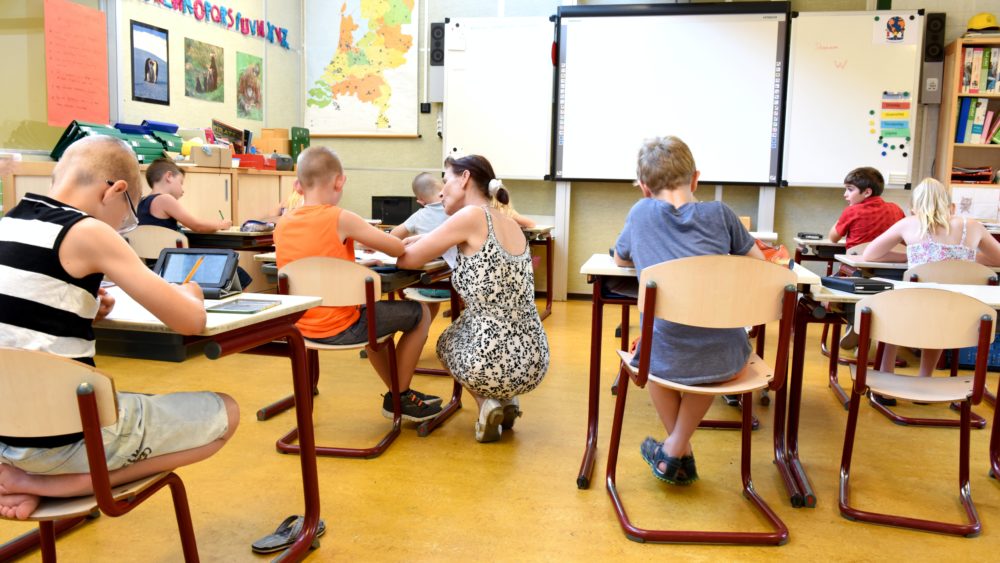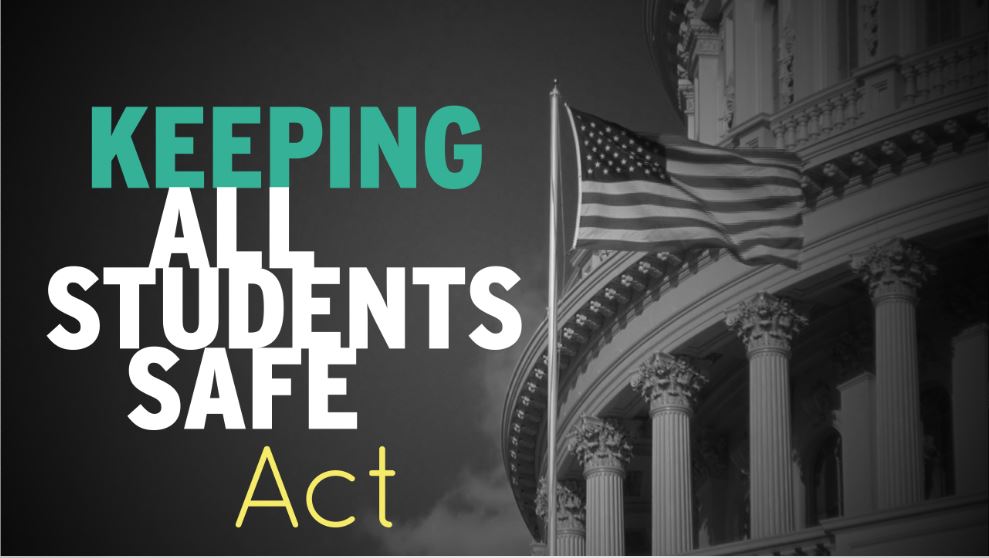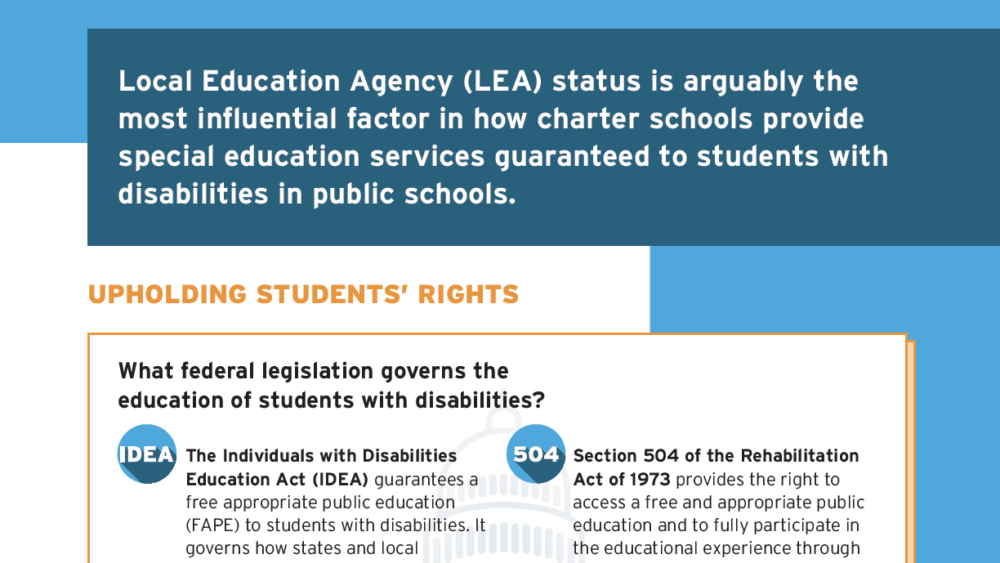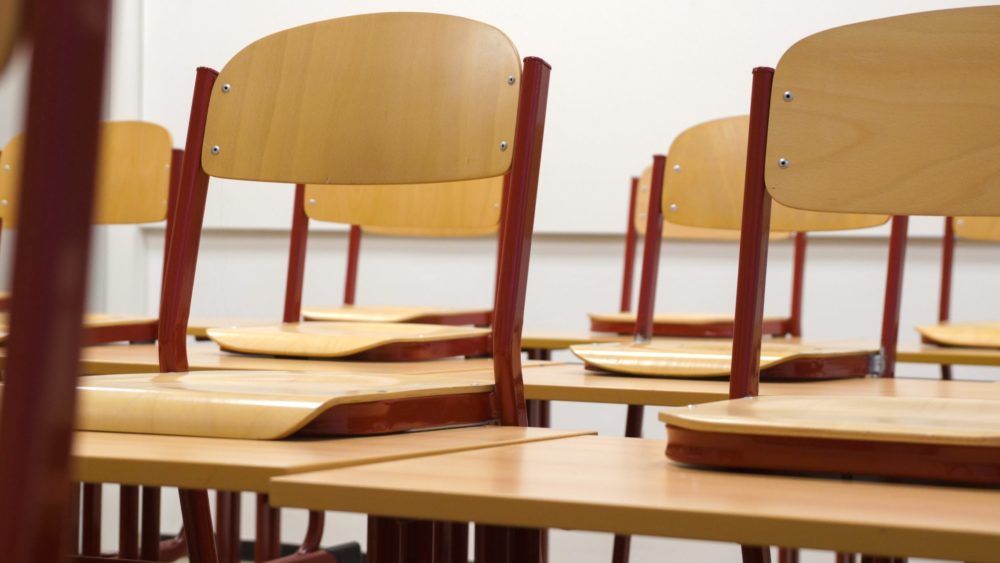In November, Senior Director of Policy Wendy Tucker shared her thoughts with District Administration on the newly reintroduced Keeping All Students Safe Act, aimed at preventing and reducing the harsh disciplinary practices of restraint and seclusion.
The Center for Learner Equity applauds the reintroduction of the Keeping All Students Safe Act (KASSA). Students with disabilities experience disproportionately high rates of restraint and seclusion in public schools, and we need this bill to address this dangerous inequity.
For decades, students with disabilities have been disproportionately subjected to the harshest and most exclusionary discipline in schools, including suspensions, expulsions, restraint, seclusion, referrals to law enforcement, and school-related arrests.
As EdSource reported in November, the pandemic has changed the way that students are disciplined—yet students are still subject to punishments like suspension in the virtual environment. Senior Policy Director Wendy Tucker weighed in on the potential negative impacts on students.
The Center congratulates President-Elect Joe Biden and Vice-President-Elect Kamala Harris on their victory. We look forward to this opportunity to work together to promote and protect the civil rights of students with disabilities.
The history of the struggle to secure rights for people with disabilities is a facet of the civil rights movement that is not well known. Fortunately, there is now an extraordinary, humanizing, inspirational film on Netflix that tells a crucial part of that story.
A charter school’s legal status as part of a larger local education agency (LEA) independent LEA affects the autonomy, funding, and programming of the school—and is essential to understanding what entity is responsible for educating students with disabilities. Nevertheless, LEA status can be confusing, especially since approaches vary by state and even by school. This infographic outlines the different approaches and their implications for students with disabilities.
Phi Delta Kappan’s November issue, themed “What Makes a Good School?” featured a piece by Lauren Morando Rhim, arguing that a school cannot be good unless it is good for all students, including students with disabilities.
Eight months after COVID-19 first shut down schools across the country, the state of education in the United States remains in flux. Students with disabilities, in particular, continue to be disproportionately impacted by school closures and lack of access to services. As cases tick upward once again, school leaders and administrators are likely to face tough decisions in the coming months. Despite the immense difficulty of the situation, we have identified several key strategies that will set school leaders up for success.
On October 20, K-12 Dive reported on the CRDC’s new data showing that students with disabilities are subject to disproportionate rates of harsh discipline, quoting Lauren Morando Rhim.









